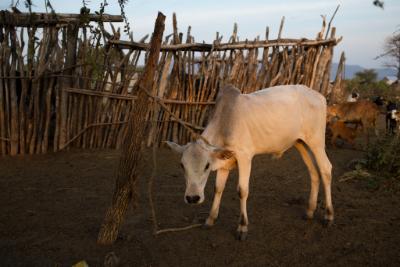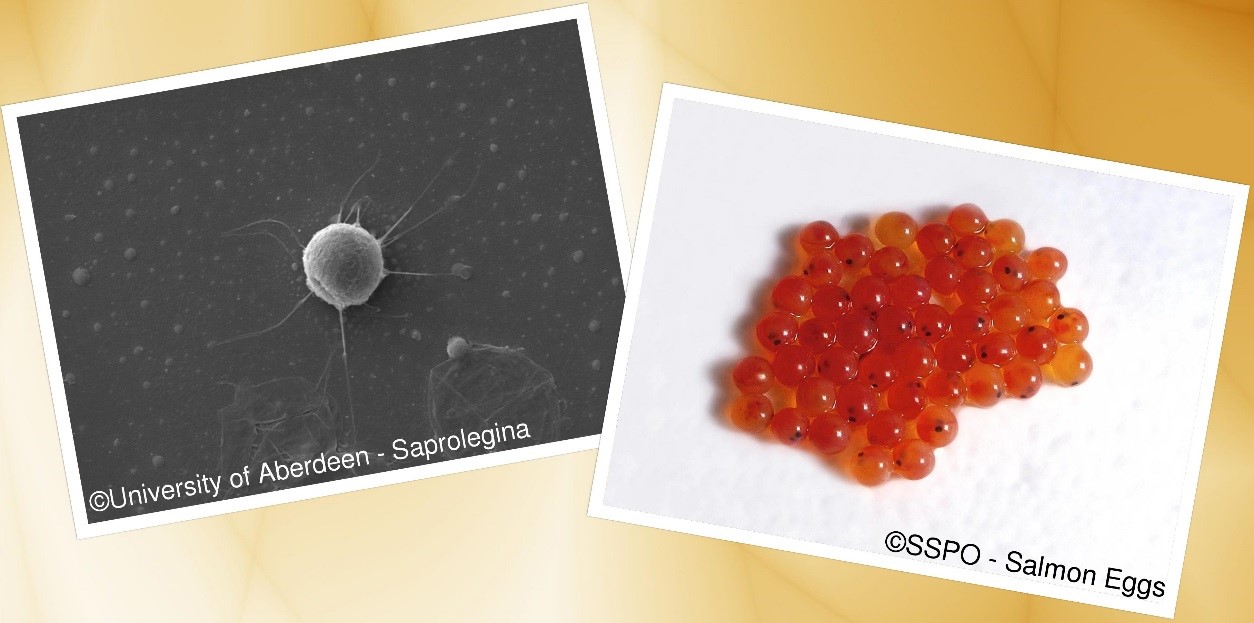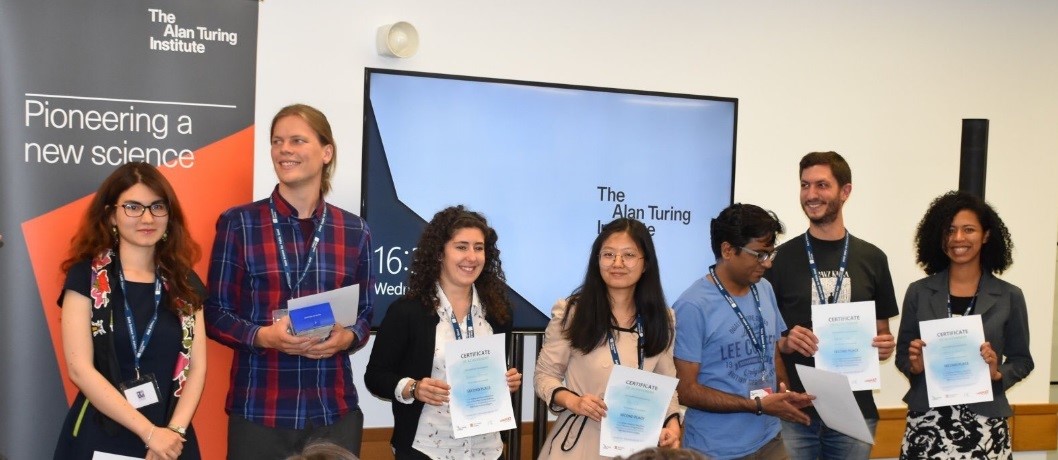Staff accomplishments
Published: 11 October 2017
Some details of our staff activities
Promotions
Drs Gwyn Bellamy, Peter Stewart and Andy Wand were all successful in their applications for promotion to Senior Lecturer. Congratulations to all three.
Prof. Michael Wemyss awarded LMS Whitehead Prize
Prof. Michael Wemyss was awarded a Whitehead Prize for the profound applications of algebraic and homological techniques to algebraic geometry.
The Whitehead Prize is awarded yearly by the London Mathematical Society to multiple mathematicians working in the United Kingdom who are at an early stage of their career. The prize is named in memory of homotopy theory pioneer J. H. C. Whitehead.
The winners of the 2017 LMS Prizes were announced at the Society meeting in London on Friday 30th June.
For more information visit the LMS website.
Congratulations Michael!
Wellcome Trust grant of over £2 million awarded
An interdisciplinary team of scientists, including Christina Cobbold from the School of Mathematics and Statistics and Richard McCulloch from the Wellcome Centre for Molecular Parasitology, have been awarded over £2 million by the Wellcome Trust to research African sleeping sickness.
The parasites that cause African sleeping sickness are masters of disguise. They can hide from the immune system by replacing the proteins on their surface, constantly changing to avoid being recognised and destroyed. This process has been studied by scientists for over forty years and its molecular details are well known, at least for one species of the parasite, Trypanosoma brucei. However, this is not the most important trypanosome species in sub Saharan Africa, and most of our knowledge is based on laboratory studies that may not well represent how the parasite operates in the real-world. Now, a team of scientists has been awarded over £2 million by the Wellcome Trust to find out how the most prevalent trypanosomes, Trypanosoma congolense and Trypanosoma vivax, establish infections and survive in animals, where they cause enormous economic hardship through a livestock disease in Africa called ‘nagana’. This name is derived from the Zulu word for ‘useless’, highlighting the devastating impact the parasite has on afflicted cattle. The teams, based in Edinburgh, Glasgow, Liverpool, Lisbon, Heidelberg and Baltimore, will pool their expertise to discover how these livestock parasites establish long term infections through immune evasion and maximise their chances of spread.
Lead researcher Professor Keith Matthews, based at the University of Edinburgh, says “We think these important livestock trypanosomes are doing things very differently. Our collaboration has the possibility to identify vulnerable points in the parasite’s defences that could be targeted using drug therapy or even vaccines – something previously considered impossible. The consequences for economic improvement in sub Saharan Africa could be enormous.’

UK collaboration could see stocks of farmed Scottish salmon increase
A project to address one of the key challenges faced by Scotland’s salmon farmers is underway, supported by grant funding from the Scottish Aquaculture Innovation Centre (SAIC) and UK research council BBSRC.
Saprolegnia – a type of water mould that can harm fish eggs and juvenile fish – is thought to significantly reduce stocks at Scotland’s salmon farms every year.
Now, a multi-partner cross-sector collaboration is seeking to minimise those losses and boost the availability of farmed Scottish salmon by compiling a ‘big data’ resource that will increase understanding of Saprolegnia and its causative factors.
The project, ‘Risk factors for escalating saprolegniosis outbreaks in salmon farms’ (RIFE-SOS), is led by acclaimed scientist Professor Pieter van West, Director of the International Centre for Aquaculture Research and Development at the University of Aberdeen.
The project brings together the knowledge of eight aquaculture companies with the expertise of leading academics at the Universities of Aberdeen and Glasgow to develop an information toolkit on how to pre-empt and control occurrence of the disease.
Professor Marian Scott and Dr Claire Miller will be working with the team to develop and use advanced statistical models for the observational data to better understand the drivers and pressures that impact the disease risk.
The £1.1m project is supported by £340,285 grant funding from the BBSRC Link initiative, with the remaining £732,628 of the project cost coming from industry and SAIC. The RSPCA and Scottish Salmon Producers’ Organisation are also involved, providing support and guidance to partners.
The full RIFE-SOS project partnership includes: Benchmark; Cooke Aquaculture Scotland; Europharma; Grieg Seafood Hjaltland UK; Landcatch Natural Selection; Marine Harvest Scotland; Pulcea; RSPCA, Scottish Aquaculture Innovation Centre; Scottish Salmon Producers’ Organisation; Scottish Sea Farms; the University of Aberdeen; and the University of Glasgow.

Success at the Urban Analytics Data Dive
Research Assistant Dr Francesca Pannullo, along with her teammates, came second place at the Urban Analytics Data Dive, which was held at the Alan Turing Institute in London on Tuesday 25th and Wednesday 26th July. Francesca and the team worked on housing and the prize was $5000 each to spend in Microsoft azure for high performance computing. The team were also invited to give their presentation at the Data for Policy Conference, which was held in London on Wednesday 6th and Thursday 7th September.
Congratulations to Francesca and the team.

First published: 11 October 2017
<< October 17

